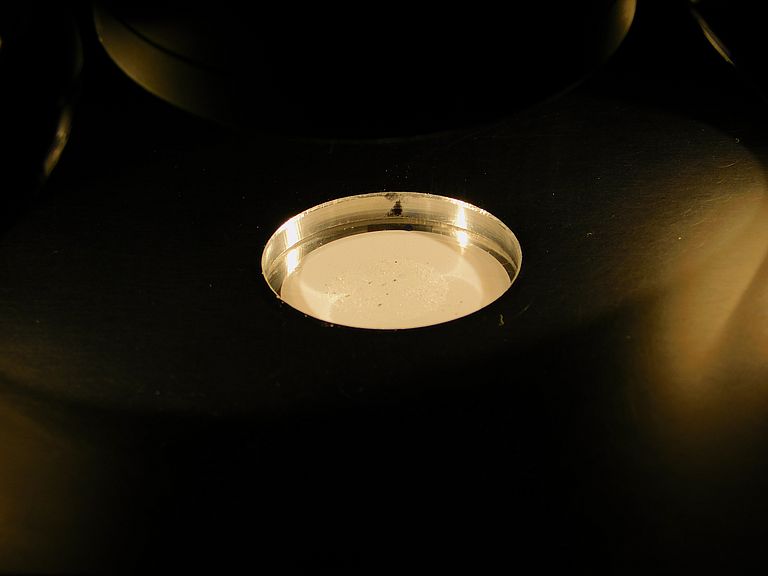Microplastics: From detection to prevention
New project investigates risks and possibilities for combating microplastic pollution in the German-Danish border region
Microplastics are both a global and a local problem – they have even been detected in human blood. In the sea, plastic particles are found both on the surface and at the bottom of the deepest oceans, and ocean currents transport them all over the world. Samples taken in the Baltic Sea showed microplastics in 28 per cent of all fish examined. The particles, less than five millimetres in size, originate from decomposition processes of larger pieces of plastic and are barely visible to the naked eye. As nanoplastics, they can also penetrate cell membranes, which can make the material very dangerous.
“There are major gaps in our knowledge about where the plastic in the oceans comes from, how it degrades and where it ultimately ends up,” says Professor Dr Jacek Fiutowski from the Southern Danish University (SDU). Under his leadership, the new European Union-funded Interreg Germany-Danmark project PlastTrack will develop measures to combat the plastic tide in the region. In addition to institutions at SDU and the Danish engineering company NEWTEC, the GEOMAR Helmholtz Centre for Ocean Research Kiel and the Alfred Wegener Institute, Helmholtz Centre for Polar and Marine Research are represented. Within the project duration of three years, the partners will investigate the degradation of plastics and propose standard procedures for sampling micro- and nanoplastics from different water bodies. A database for knowledge exchange and comparison of laboratory data will also be established.
GEOMAR contributes to the development of standardised procedures for sampling micro- and nanoscale plastic particles from different water bodies. “Currently, we are not able to efficiently sample plastic particles in the nanometre size range, which greatly limits the options for analysis," explains Professor Dr. Anja Engel, Head of the Research division Marine Biogeochemistry at GEOMAR. “However, it is important to be able to accurately detect these smallest particles using easily implementable standard methods in marine, brackish and freshwater systems and to be able to detect them without contamination. To this end, we use GEOMAR's expertise in particle dynamics in the ocean, as well as its expertise in sampling nano- and microparticles and their isolation, preparation and enrichment in the laboratory.”
The Alfred Wegener Institute brings in many years of expertise in microplastic analysis of environmental samples. These range from water samples such as surface water and treated wastewater to sediment and sewage sludge samples. “On an international level, the development of standard procedures for the analysis of microplastics has just begun,” says Dr Sebastian Primpke, a scientist at the Biologische Anstalt Helgoland, which is part of the Alfred Wegener Institute. "In current projects, we have been able to show that there is still a great need for research and standardisation, especially for plastic particles in the nanometre range. To fill these gaps in the project, we are drawing on AWI's expertise in sampling, sample handling and analysis, as well as conducting experiments in mesocosms.”
Background: PlastTrack
The PlastTrack project will receive around 1.74 million Euros of Interreg funding. The project started in April 2023 and will run for three years. The lead partner is the Mads Clausen Institute at the Southern Danish University (SDU) in Sønderburg. Other partners are DAMBIC at SDU Odense, NEWTEC Engineering A/S, CLEAN - Environmental Cluster Denmark, the Alfred Wegener Institute, Helmholtz Centre for Polar and Marine Research (AWI) and GEOMAR Helmholtz Centre for Ocean Research Kiel.

Analysis of a microplastics sample. Photo: Alfred-Wegener-Institut / Sebastian Primpke


